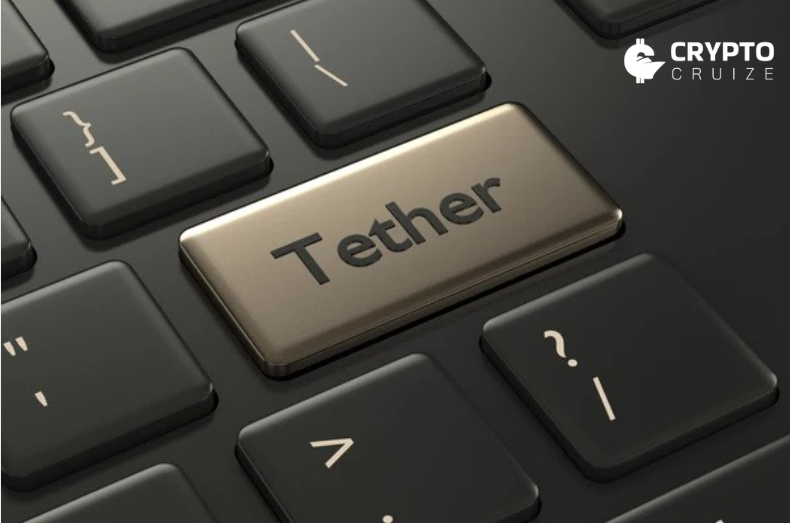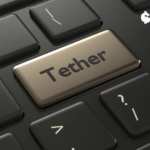In a bold step toward accelerating its onchain ambitions, Coinbase has hired the founding minds behind Opyn, one of the earliest and most innovative decentralised derivatives protocols. This move, announced on 11 July, signals Coinbase’s growing commitment to reshape global financial markets using blockchain infrastructure.
Rather than acquiring a company or product, Coinbase is betting on people, specifically Andrew Leone, former CEO of Opyn, and Joe Clark, its Head of Research. Both bring a rare combination of DeFi-native innovation and real-world financial expertise, and will now help drive Coinbase’s Institutional Markets division forward.
From Opyn to Onchain: Coinbase’s Strategic Alignment
Coinbase has been gradually shifting toward an “onchain-first” model, championing the idea that public ledgers will underpin the next generation of financial services. This vision is now being operationalised through initiatives like Verified Pools, Coinbase’s onchain liquidity solution built on Base, its Ethereum Layer 2 network.
Leone and Clark are expected to play pivotal roles in evolving these initiatives. Their prior work at Opyn, which introduced novel DeFi instruments like oTokens, Squeeth, and Power Perpetuals reflects a deep understanding of how to design and deploy derivatives in decentralised environments. At Coinbase, their expertise will help build more advanced tools that combine regulatory compliance with the permissionless nature of DeFi.
Coinbase stated, “The future of finance is onchain,” and the onboarding of Opyn’s leadership underscores its intention to move significant parts of its business onto public blockchains.
Who Are Leone and Clark
Opyn, launched in 2019, was the first decentralised options protocol, pioneering a space that had seen little experimentation in DeFi. Their innovations, such as:
- oTokens (tokenised call and put options)
- Squeeth (ETH² leveraged perpetuals)
- Power Perpetuals (non-linear risk exposure)
Leone’s background at Nomura, where he worked on volatility trading and structured finance, gave him a strong TradFi foundation. That mix of institutional and DeFi knowledge made him well-suited to bridge both worlds, exactly what Coinbase needs as it expands into regulated onchain markets.
Clark, known for his architectural approach to market design and sharp DeFi research, provided the theoretical and technical scaffolding that made Opyn stand out. His systems-based thinking complements Coinbase’s ambition to build structured, scalable, and regulation-ready DeFi infrastructure.
Why This Move Has Deeper Implications
This isn’t just a high-profile hiring, it’s a directional shift. Here’s why it matters:
1. Building Onchain Financial Infrastructure
Coinbase’s Verified Pools, already live on Base, aim to provide permissionless yet compliant liquidity access for institutions. With the Opyn founders onboard, the exchange may soon offer full-spectrum financial instruments, options, structured products, and perpetuals, all managed natively onchain.

This transforms Coinbase from a traditional exchange into a DeFi-native platform with institutional-grade tooling.
2. Plugging the Talent Gap
Designing decentralised financial markets that satisfy both the demands of institutional finance and the ethos of crypto is no easy feat. Leone and Clark are rare hires who’ve done it before. They are not just developers, they are system designers who understand trade-offs between decentralisation, efficiency, and compliance.
This internal expertise may give Coinbase an edge as it competes with both legacy financial institutions and upstart DeFi platforms.
3. Gaining a Compliance Advantage
Opyn had its own run-in with regulators, the CFTC fined the project $250,000 in 2023 for unauthorised derivatives listings. But this experience taught the team valuable compliance lessons. Now, that regulatory knowledge is a strategic asset for Coinbase, especially as global scrutiny around DeFi continues to rise.
In a future where regulation and decentralisation must co-exist, Coinbase’s ability to hire experienced, compliance-aware DeFi builders gives it a strong hand.
What Comes Next: A Hybrid Financial Ecosystem
The integration of Opyn’s team hints at Coinbase’s broader ambition to build a hybrid market that blends the transparency and composability of DeFi with the reliability and accessibility of TradFi. This could mean:
- Institutional-grade derivatives on public networks like Base
- Transparent settlement layers replacing opaque custodial systems
- Composable smart contracts for real-time risk analysis
- Open developer tools, APIs, and SDKs to build on top of Coinbase’s DeFi infrastructure
As Coinbase continues to push more of its services onchain, this move sets the stage for a future where crypto markets aren’t just alternatives to Wall Street.
By bringing in the minds behind Opyn, Coinbase is sending a clear message: it’s not content to remain a bridge between TradFi and crypto. It wants to define what onchain finance looks like compliant, decentralised, and open to all. And with Leone and Clark at the helm of that transformation, the next phase of DeFi innovation may come not from a new protocol, but from a legacy exchange that’s reinventing itself.




















































